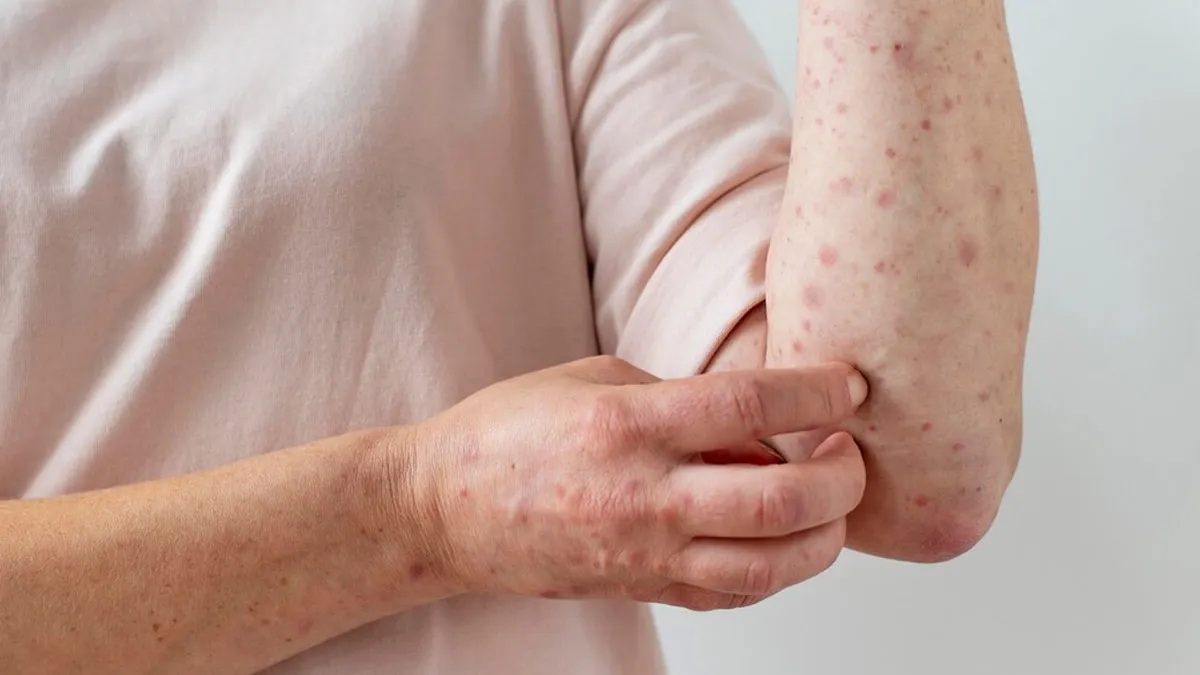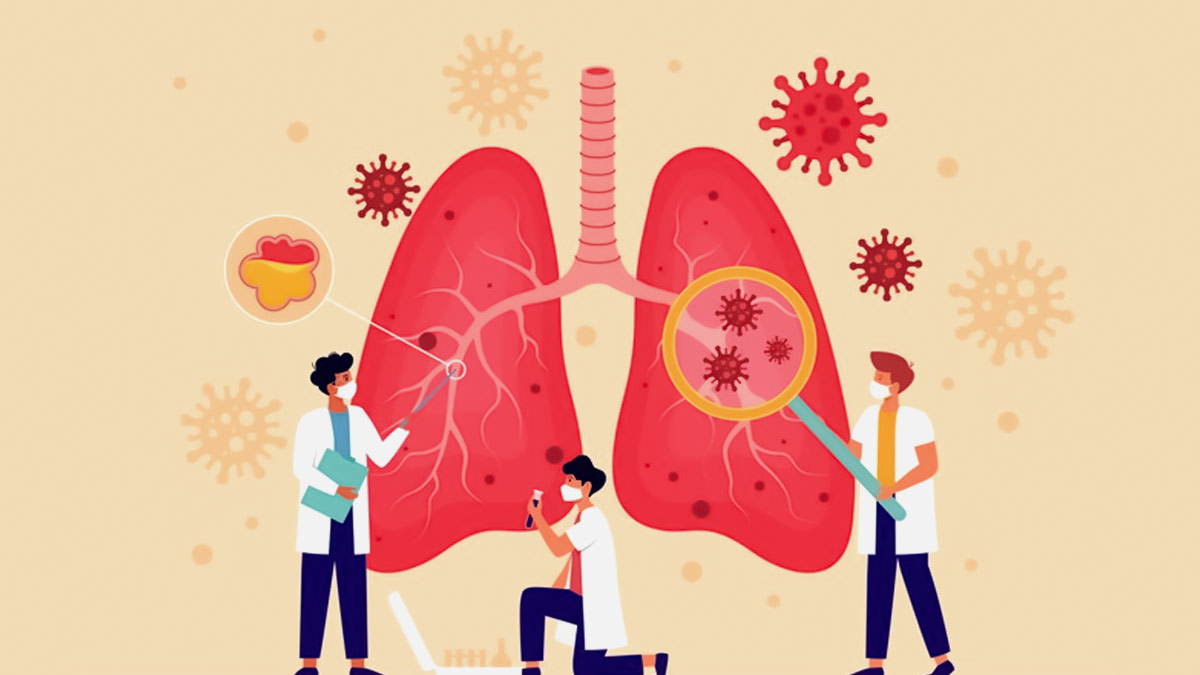
A recent study by researchers at the All India Institute of Medical Sciences (AIIMS) has brought attention to a potentially deadly fungal infection that poses a significant threat to individuals with pre-existing lung diseases. The findings were published in The Lancet Infectious Diseases and it revealed that Chronic Pulmonary Aspergillosis (CPA), a relatively common condition, is responsible for approximately 340,000 deaths globally each year.
Table of Content:-
Understanding CPA And Its Impact
CPA is caused by Aspergillus, which is a mould that releases microscopic airborne spores, the particles that fungi use to reproduce. While harmless to most people, these spores can lead to severe complications in individuals with compromised lung health. CPA gradually scars the lungs over months and years, leading to debilitating symptoms such as:
- Persistent fatigue
- Significant weight loss
- Difficulty breathing
- Coughing up blood

Also Read: When Breathing Becomes Dangerous: How To Reduce Respiratory Risks As Delhi's Air Quality Plummets
What Did The Study Conclude
The study found approximately 32% of CPA patients with prior lung damage succumb to the condition within five years. Moreover, nearly 15% of CPA patients die within the first year if they have other underlying lung diseases.
Who Is at Risk
In an exclusive interaction with Onlymyhealth, Dr Bhumesh Tyagi, Consultant, General Medicine and Physician, Sharda Care - Health City, explained that the infection primarily affects individuals with pre-existing lung damage caused by conditions like:
- Tuberculosis (TB)
- Chronic Obstructive Pulmonary Disease (COPD)
- Post-COVID lung complications
- Sarcoidosis or other interstitial lung diseases
The scarring caused by these conditions creates a fertile ground for CPA to thrive, making early diagnosis and preventive measures critical.

Also Read: Managing Lung Disease: Here's How Beetroot Juice May Help The Patients
Precautions to Prevent CPA
Given the severe implications of CPA, Dr Tyagi emphasised that prevention is key, especially for those with underlying lung conditions. Here are steps you can take to protect yourself:
1. Limit Exposure to Aspergillus Spores
Avoid environments prone to mould growth, such as damp basements, compost piles, or construction sites. Wear an N95 mask in high-risk areas to minimise exposure to airborne spores.
2. Maintain a Clean Environment
Use a dehumidifier to reduce moisture indoors. Regularly clean and disinfect surfaces prone to mould growth, such as bathrooms and kitchens.
3. Monitor Your Health
Be vigilant about new symptoms like persistent coughing, fatigue, or difficulty breathing. Regularly consult your healthcare provider if you have a history of lung disease.
4. Follow Up After Lung Infections
Lung infections like COVID-19 or TB can leave behind scarring. Ensure periodic imaging (such as chest X-rays) and check-ups to detect early signs of CPA.
5. Strengthen Your Immune System
Follow a nutritious diet and avoid smoking to improve lung health. Discuss potential vaccinations or preventive antifungal treatments with your doctor if you’re at high risk.
6. Seek Early Diagnosis
Early detection through tests such as CT scans and fungal cultures can significantly improve outcomes. If you suspect CPA, consult a specialist without delay to explore antifungal treatment options.
Conclusion
Chronic Pulmonary Aspergillosis is a silent but severe threat to individuals with lung diseases, making it important to understand its risks and adopt precautionary measures thereon to reduce the likelihood of developing this condition. If you or someone you know has pre-existing lung damage, staying informed and proactive can make a life-saving difference.
Also watch this video
How we keep this article up to date:
We work with experts and keep a close eye on the latest in health and wellness. Whenever there is a new research or helpful information, we update our articles with accurate and useful advice.
Current Version
